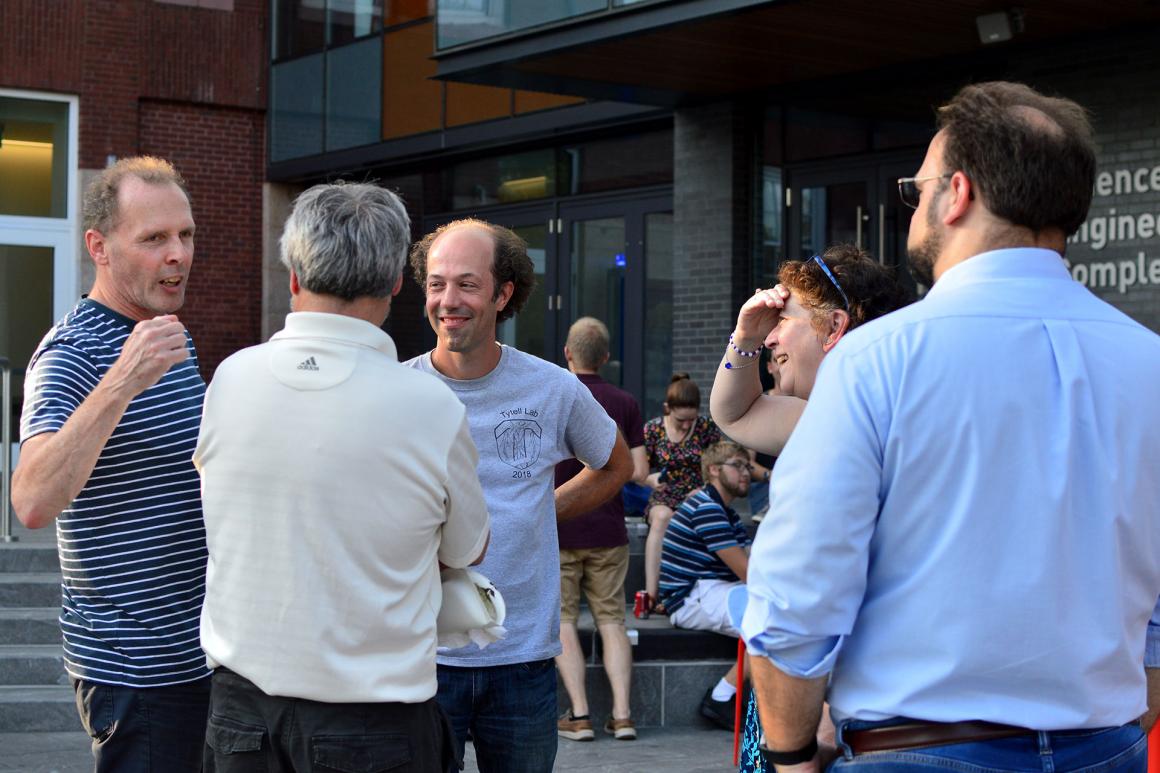Faculty Highlights

Academic Year 2025-2026
New faculty member, Associate Professor Randi Rotjan, and incoming Tufts postdoc, Caroline Ianniello, have recently co-authored a paper titled "A review of the current knowledge of the flow of carbon and energy in scleractinian corals". Take a look at their important work of understanding the flow of energy in corals now and in the coming future!
Professor Sergei Mirkin, postdoctoral fellow Liangzi Li, and undergraduate student Shem Scott have co-authored a major review paper titled "Emerging drivers of DNA repeat expansions".
Professor Sergei Mirkin, former graduate student Ryan McGinty, and an undergraduate student from Moscow State University have co-authored a foundational paper in genomics titled "The origin of mirror repeats in the human genome".
Professor Ben Wolfe and his lab have published a paper, led by PhD student Nicolas Louw, in Current Biology. You can also find their paper featured in the New York Times! This work describes how a cheese mold that plays a key role in the ripening of Jasper Hill Farm's Bayley Hazen Blue cheese evolved over a decade of cheese production. The research reveals the mechanisms and consequences of rapid fungal evolution.
Professor Catherine Freudenreich and former graduate student Tyler Maclay recently published a paper in Cell Reports titled "The DNA replication checkpoint targets the kinetochore to reposition DNA structure-induced replication damage to the nuclear periphery". You can also read more about their paper and research in Tufts Now!